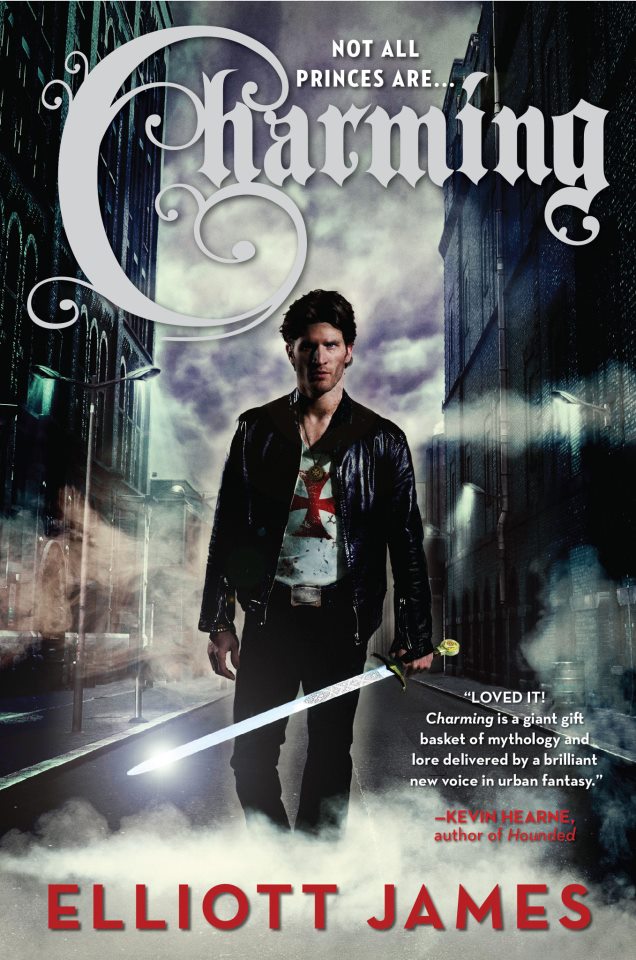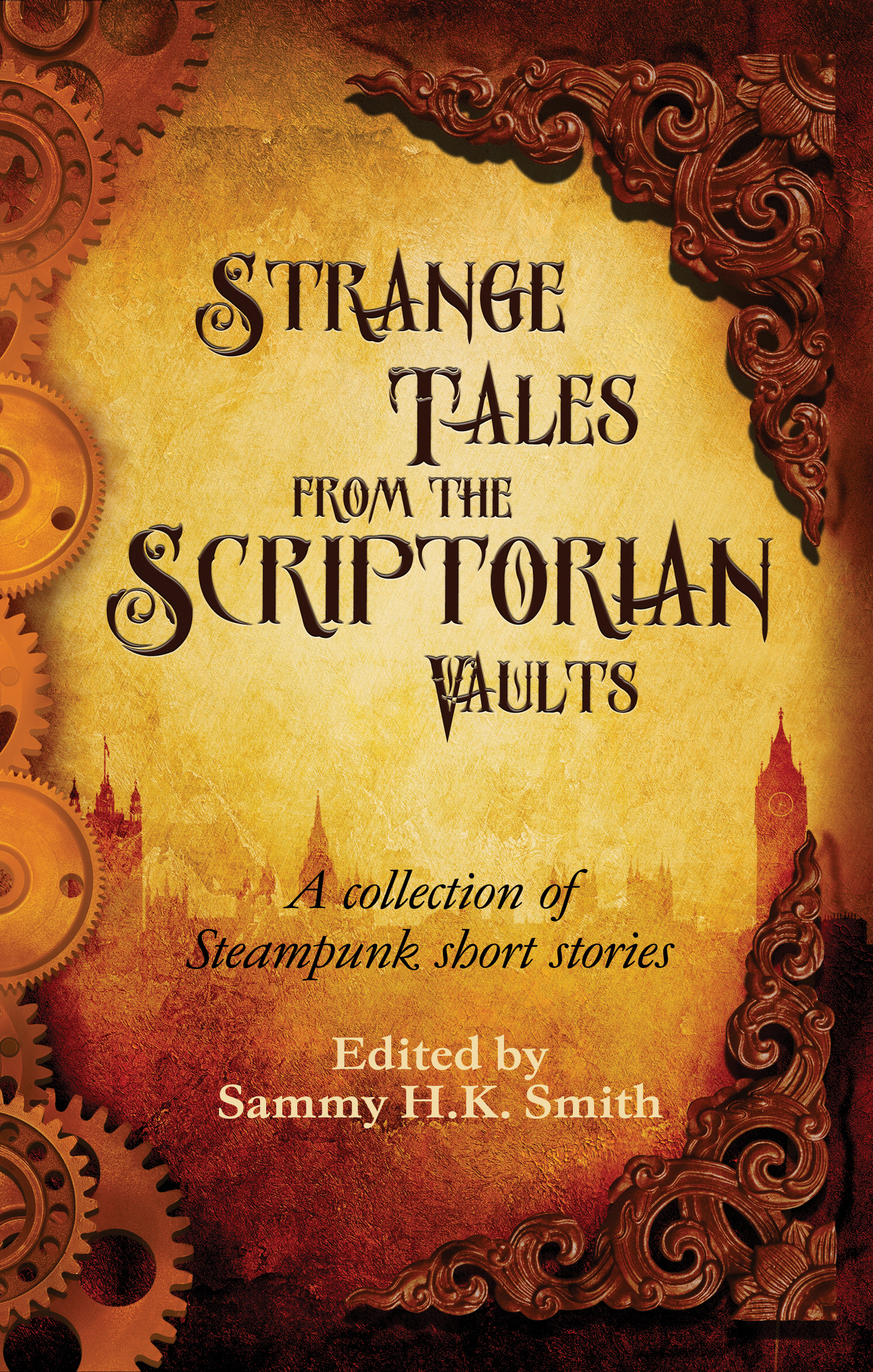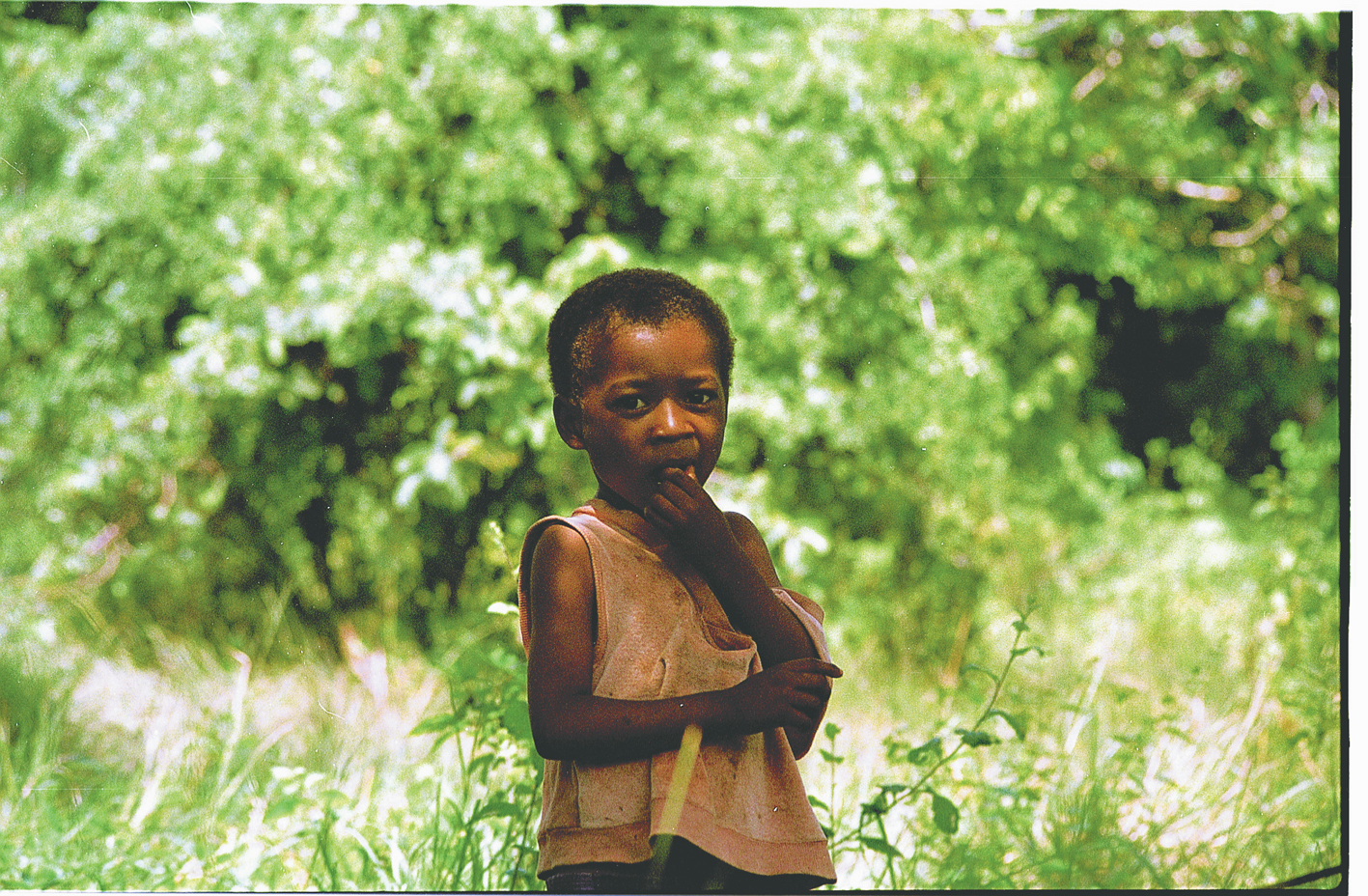At the January meeting of the Oslo International Writers’ Group, we decided that we would introduce readings this year. Previously, we have read each other’s work ahead of time and given critiques at the meetings, but now that we have a year behind us and we know each other quite well, it felt like time to break away from paper and share our work out loud.
Being the one who suggested it, I volunteered to go first, having brought along one of my pieces for what is currently being called The Oslo Anthology (we’re still deciding on a proper title). It was the first time I have ever read my work aloud to a group, and I was unusually nervous – public speaking doesn’t usually bother me, but this is a group of truly talented writers whose opinions I value and respect, and although they are unceasingly supportive, I didn’t know what the reaction would be.
I had originally intended to read a small section of the story which related to the wine we were drinking (a Hardy’s wine from the region of South Australia I grew up in, and in which part of the story is set). But when I’d finished the first part, I was quietly reluctant to stop – it had felt good to read it out loud, and I was enjoying hearing the story myself, in an odd way. When I paused, the group stayed silent for a moment, one or two sitting with their eyes partially closed, as if savouring the words the same way they had savoured the wine. And then I was suddenly surrounded by smiles and nods, followed by eager requests for me to read on. What more encouragement could I need? I continued.
What followed was everything a writer could ask for: laughter, gasps, and at the climax, a cheer! Then, when I’d finished, that same savouring pause . . . Then applause, bigger smiles, bigger nods. My story is based on an experience I’d had when I first moved to Norway, and these people are, as well as fellow writers, almost all expats, and they related. Success.
I went out of that meeting on a real high. But that was nothing compared to the high I experienced at last month’s meeting; three of my colleagues shared their work, and it was good. Really good. And let me say now, I am usually not a fan of poetry – but the two poems that were read were so honest in such different ways; one was lyrical, abstract and almost dreamlike, the other grounded, real and painful in its honesty – yet both left me with images and feelings as if I’d been right inside the head and heart of the readers. Then a third piece was read, this time a work of fiction, disturbing in both content and tone, written from the point of view of a twelve year old child, being lead into certain death by people she trusted. I was both sickened and grimly fascinated.








